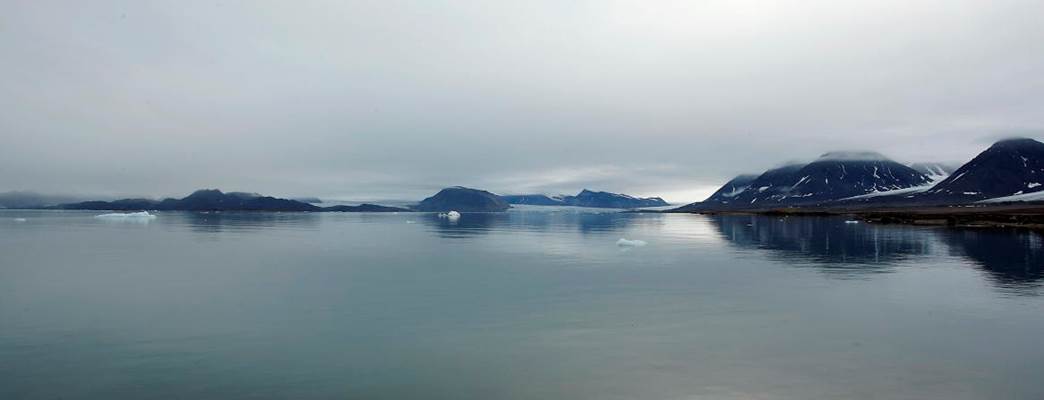The oceans offer huge potential for human development both in Norway and globally. The world population is expected to increase by more than two billion by 2050, increasing our need to obtain resources such as food and energy from the oceans. Norway has a long history as a maritime nation, and there are considerable opportunities for sustainable growth in ocean-based industries in the time ahead. However, there is also serious concern about environmental problems such as pollution and marine litter, climate change, and unsustainable uses of the oceans, such as overfishing.
The white paper gives special priority to three areas: sustainable use and blue growth, clean and healthy oceans, and the role of the blue economy in development policy.
‘International cooperation is the key to tackling the challenges we are facing. Environmental problems such as plastic litter are threatening life in the sea. Given the importance of the oceans for a large proportion of the world’s population, dealing with these problems should be a global priority. Norway will play a leading role internationally in efforts to keep the world’s oceans clean and healthy,’ said Mr Brende.
The Government will set aside NOK 100 million for a development programme to combat marine litter and microplastics. The Government will cooperate with international organisation and other countries to ensure that the funding is used effectively. Norway has expertise, knowledge and technology that is in great demand internationally. The white paper makes it clear that marine research and marine management in developing countries is an area where efforts will be considerably intensified.
The white paper highlights the Arctic seas as one of Norway’s important ocean interests. It also emphasises the importance of ensuring that the Law of the Sea is implemented effectively. The Law of the Sea is of crucial importance for international stability and predictability, and for marine management and commercial use of the oceans.
The white paper describes what the Government intends to do to step up Norwegian efforts to promote sustainable use of the oceans. The Government will
-
launch dialogues on ocean affairs with relevant countries with a view to sharing experience and expertise and cooperating on measures to promote clean and healthy oceans, sustainable use of marine resources and growth in the blue economy
-
strengthen the dialogue with influential countries on the part the shipping industry can play in further improving the environmental performance of the transport sector at global level
-
call for higher priority to be given to fisheries and aquaculture in efforts to improve global food security
-
consider establishing a centre of expertise on ocean and Arctic issues in Tromsø
-
establish a development programme with a budget of NOK 100 million to combat marine litter and microplastics; this will include steps to reduce waste quantities and improve waste management
-
allocate over NOK 5 billion to climate-related measures through the development assistance budget in 2017, in order to reduce the negative impacts of climate change on the oceans
-
increase support for sustainable blue growth as part of its development policy by providing more funding for the Fish for Development programme. The new research vessel RV Dr Fridtjof Nansen will make it possible to significantly step up Norway’s assistance for ecosystem-based marine management in developing countries
-
intensify efforts to combat IUU fishing and fisheries crime, and urge more states to ratify the Port State Measures Agreement on IUU fishing.
